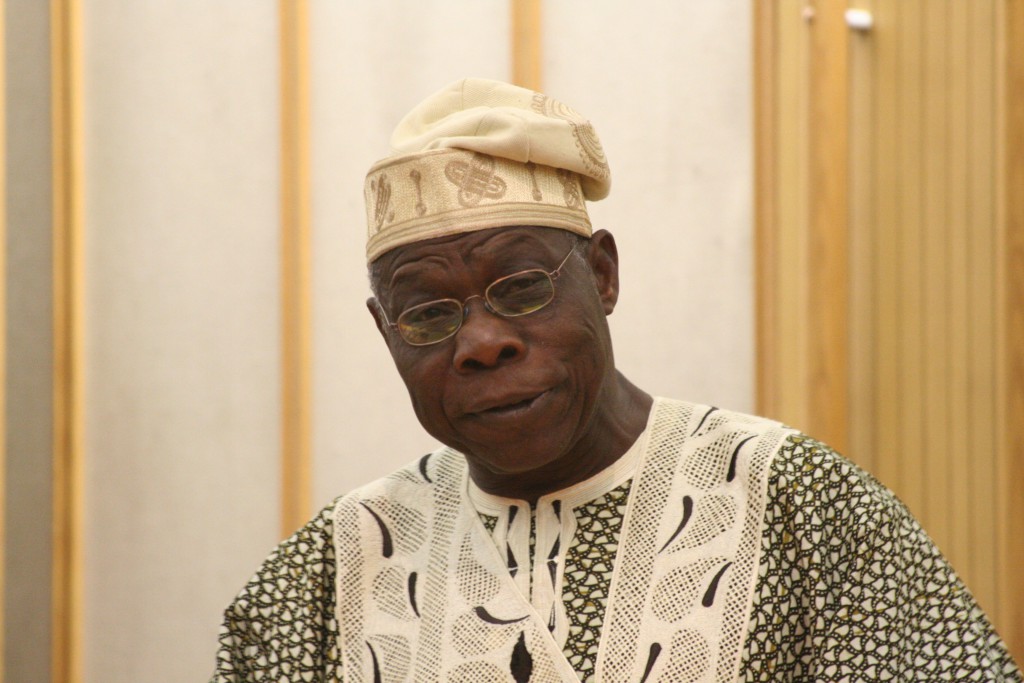The major plank of Obasanjo’s economic policies since 1999, is the privatisation policy that was not canvassed with the Nigerian people during the electioneering process that brought him to power at the end of military rule. Of course, privatisation is one of the doctrinaire essentials of the so-called “Washington consensus,” that the neocolonial regimes of Africa have been ordered to implement, in the Nigerian experience, since Babangida’s SAP of 1986.
To ensure that these policies of plunder of national resources are faithfully implemented, technocrats, trained by the imperialists to serve the interest of global capitalism, have been formed into an economic team by the Obasanjo administration; and almost with the zeal of born again religious fundamentalists, these unelected, and very reactionary technocrats have been strutting across our fatherland, sowing the pains of their so-called economic reforms. A program, which was described as unconstitutional any way, by the eminent economist, Professor Sam Aluko.
Placed within the context of the dubious legitimacy of his government, as a result of the massively rigged elections that brought him back to power in 2003, Obasanjo has been obliged to buoy his position through a complete surrender to the Bretton Woods institutions, by faithfully implementing the programmes encapsulated in the so-called National Economic Empowerment Development Strategy (NEEDS), launched the other day, with so much funfare but a programme which, stripped of all subterfuge, would entrench and deepen the neocolonial status of Nigeria.
It is therefore, in the same context, that we must understand the sale of all government-owned properties, our common national patrimony, by his government, which took a new turn this week, with the announcement to sell several government properties in Lagos, such as 1004 estate, the Bar Beach Towers, Eric Moore Towers, the Ikoyi Federal Secretariat, and several others.
The sale of government properties has became one of the veritable means of transfer of public sector assets to members of the ruling clique in different parts of the third world, where programmes of privatisation have been embarked upon, including as we have seen, even in Nigeria. The mix is clean enough: a devalued national currency, access to state power, and the employment of cronies to pick these properties on behalf of the ruling elite. These are problems which we all know have trailed the privatisation process of this government.
Nigerians must make it clear to the Obasanjo government that it does not have our mandate to sell off our national assets as it has continued to do with such unusual zeal. That is why the reports emerging that the labour movement is likely to oppose these sales must be supported by well-meaning Nigerians, in civil society, who should build up a national movement of resistance against this undisguised form of plunder of our national property.
Obasanjo must be reminded that his tenure terminates in 2007, and a succeeding government will be obliged to take a look at his record of sale of our national patrimony and hopefully, even reverse them. So a ‘caveat emptor’ is necessary as a warning for whoever partakes in the short term advantages today under his unpatriotic and anti-people programs, because tomorrow might just be the day of reckoning.


